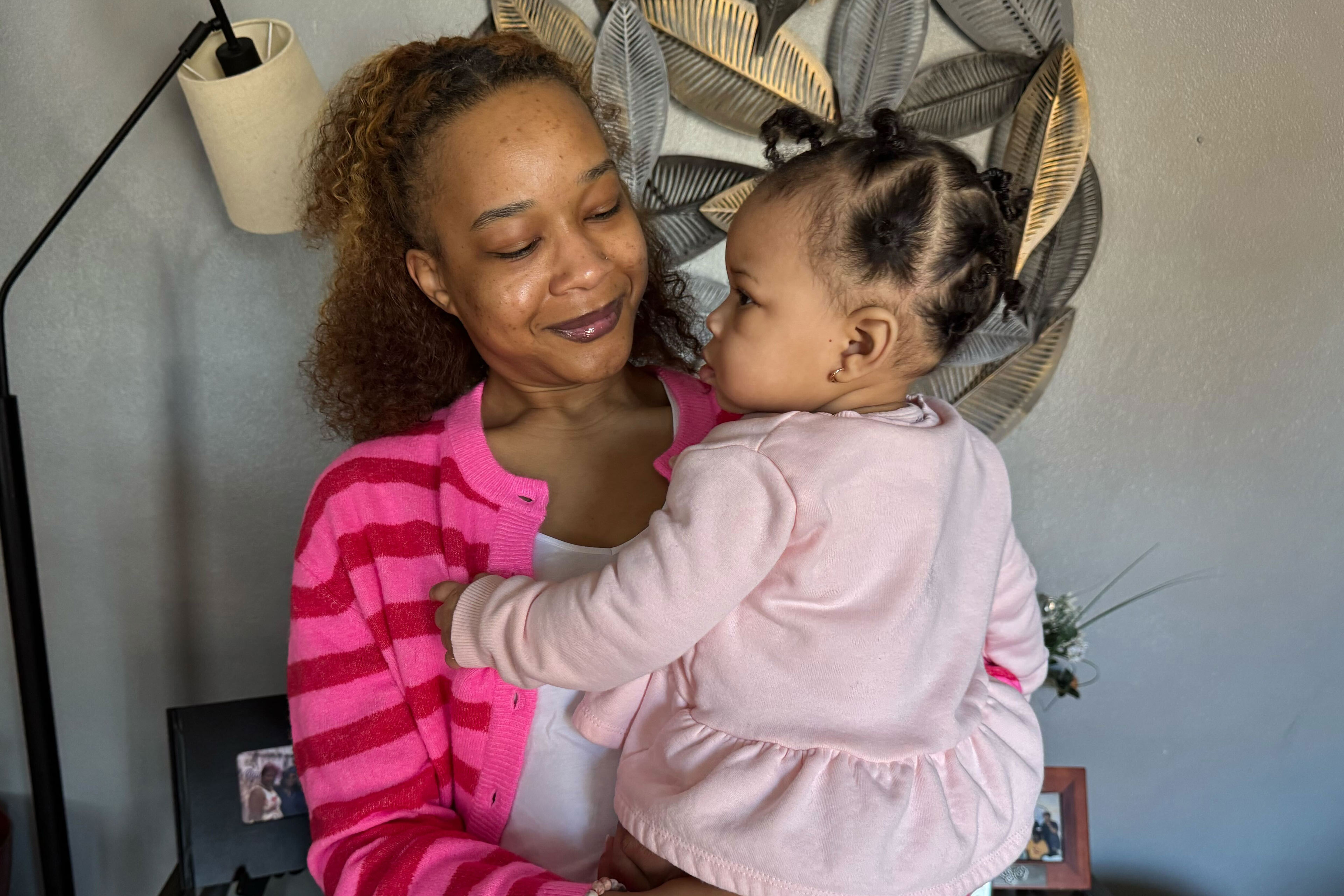Filling in the Gap in Federal Medicaid Funding to Planned Parenthood: State Responses
This brief examines efforts in 11 states to fill in funding gaps created by the 2025 federal budget reconciliation law, which prohibits federal Medicaid funding for reproductive-health care services provided by Planned Parenthood and other organizations that also provide abortion care.



